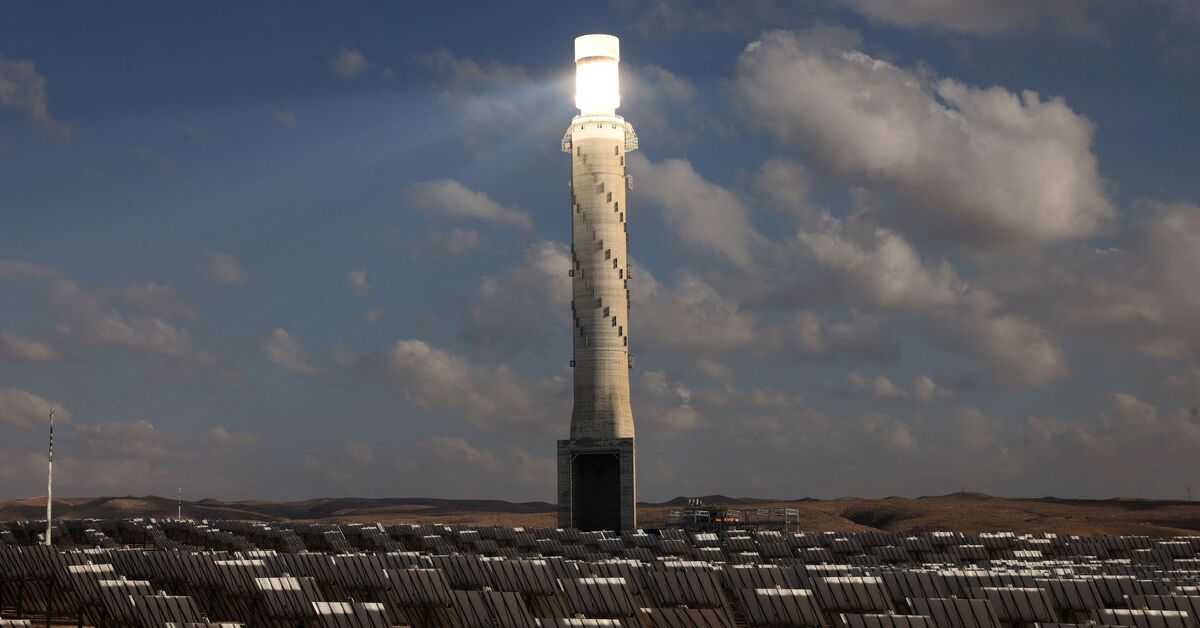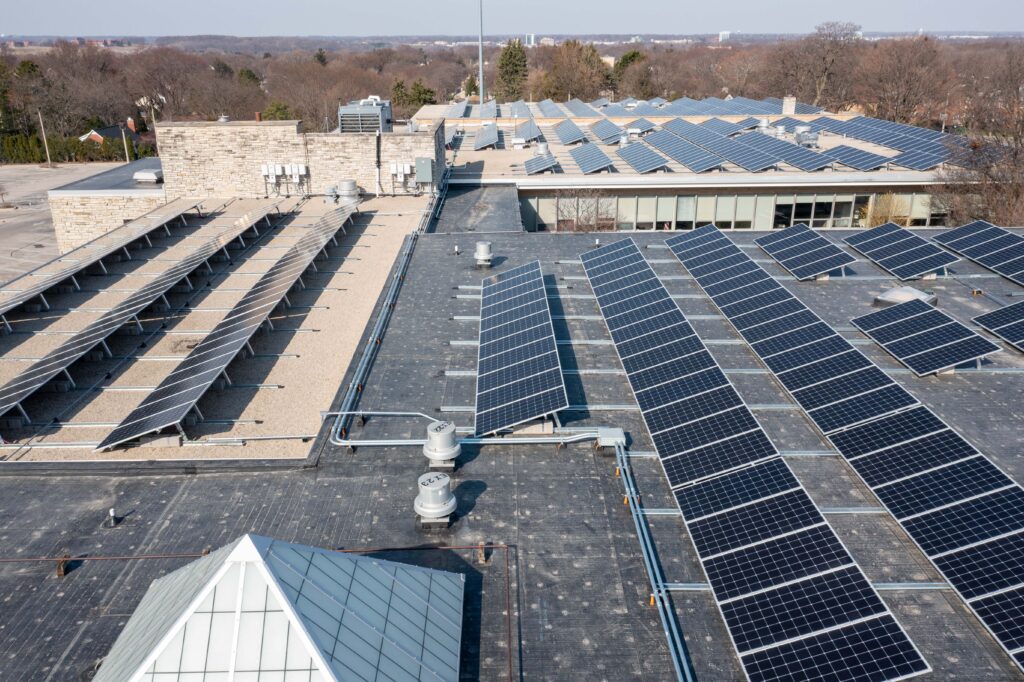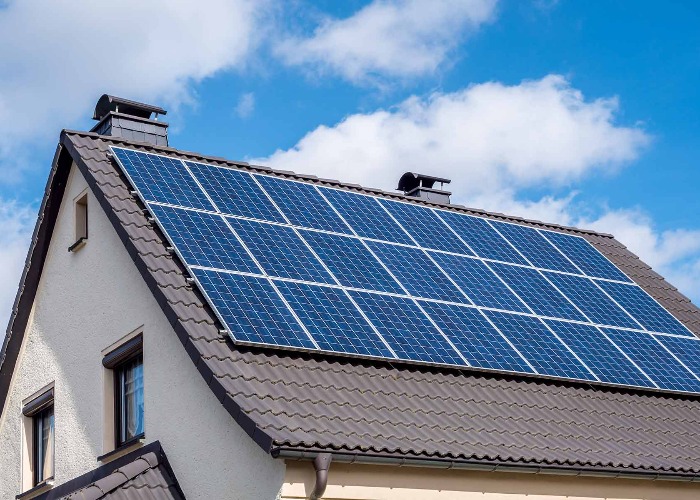
Going solar in Vermont can prove to be a good investment for many reasons. Solar power has many benefits and there are incentives at the State level to make it cost-effective. This article will focus on the tax credits that are available for solar energy systems. Whether you are interested in solar panels for your home, commercial property, or other applications, solar in Vermont has many advantages.
Benefits of going solar in Vermont
Vermont offers many financial incentives for solar. In many cases, you can purchase solar panels up front, or take out a solar loan and make payments over a period of time. In many states, as well as the federal government, tax credits are available to encourage solar installations. For example, the federal Investment Tax Credit allows you to deduct 30% of the cost for a solar panel system from taxable income. Other states offer additional incentives such as the Vermont Solar Investment Tax Credit which is retroactive to solar systems purchased after 2022.
The benefits of solar energy are also affected by where your home is located. For example, if you live in a sunny climate, solar panels will be more efficient, as they make use of the sun's energy. Vermont receives less sun than the average American state. Vermont gets 167 days of sunshine per year on average. This is considerably lower than the national average which averages 205 days. Even with less sunlight solar panels in Vermont can still be efficient enough for energy cost offsets.

Tax credits available for solar energy systems
If you are looking to invest in solar panels, you'll be happy to know that the state of Vermont has a substantial solar incentive program. Vermonters can get 30% of the cost of a solar energy system paid back in tax credits. Aside from the significant energy savings, Vermonters can look forward to a year of substantial energy savings. A Vermont solar system can save homeowners an average of $1,300 annually.
The ITC is one the most important tax credits in Vermont. It can help to save up to $26,000 on your solar power system. For an average solar system costing $17,220 most homeowners will be eligible for $4,477 credit. The ITC balance can also be carried forward for future tax years.
The state's Renewable Portfolio Standards program (RPS), is another great incentive for solar in Vermont. This program encourages utilities produce more renewable energy. If a state has strong RPS policies, utilities have to purchase or produce enough solar energy to meet certain standards. These utilities offer incentives to homeowners who have solar energy systems installed in their homes.
Incentives at the state level for solar energy systems
Vermont has a long history as a state that has shown progressive leadership. It has continued this tradition when it comes to solar energy policy. Its net-metering rules allow solar owners the opportunity to get a rate of compensation that is almost equal to retail prices. It has not taken major steps to increase solar energy use in the State. Instead, the state finances the Small Renewable Energy Incentive Program that offers financial incentives to residents who make investments in solar energy systems.

Incentives in Vermont vary, but all are designed to encourage Vermonters to become more energy-independent. Incentives include state rebates, low-interest loans, and 100 percent sales tax exemption. Other incentives include tax credits and net metersing programs.